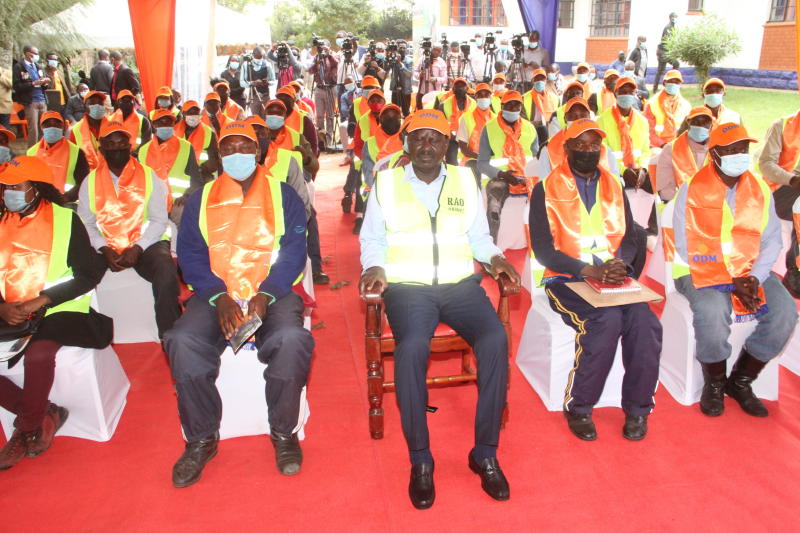×
The Standard e-Paper
Home To Bold Columnists

ODM leader Raila Odinga has declared he would resign should he fail to deliver on his promises if he is elected as the president next year.
In remarks confirming his resolve to contest for the presidency for the fifth time, Raila said he would follow in the footsteps of founding Tanzanian President Julius Nyerere and quit for not delivering on his pledges.